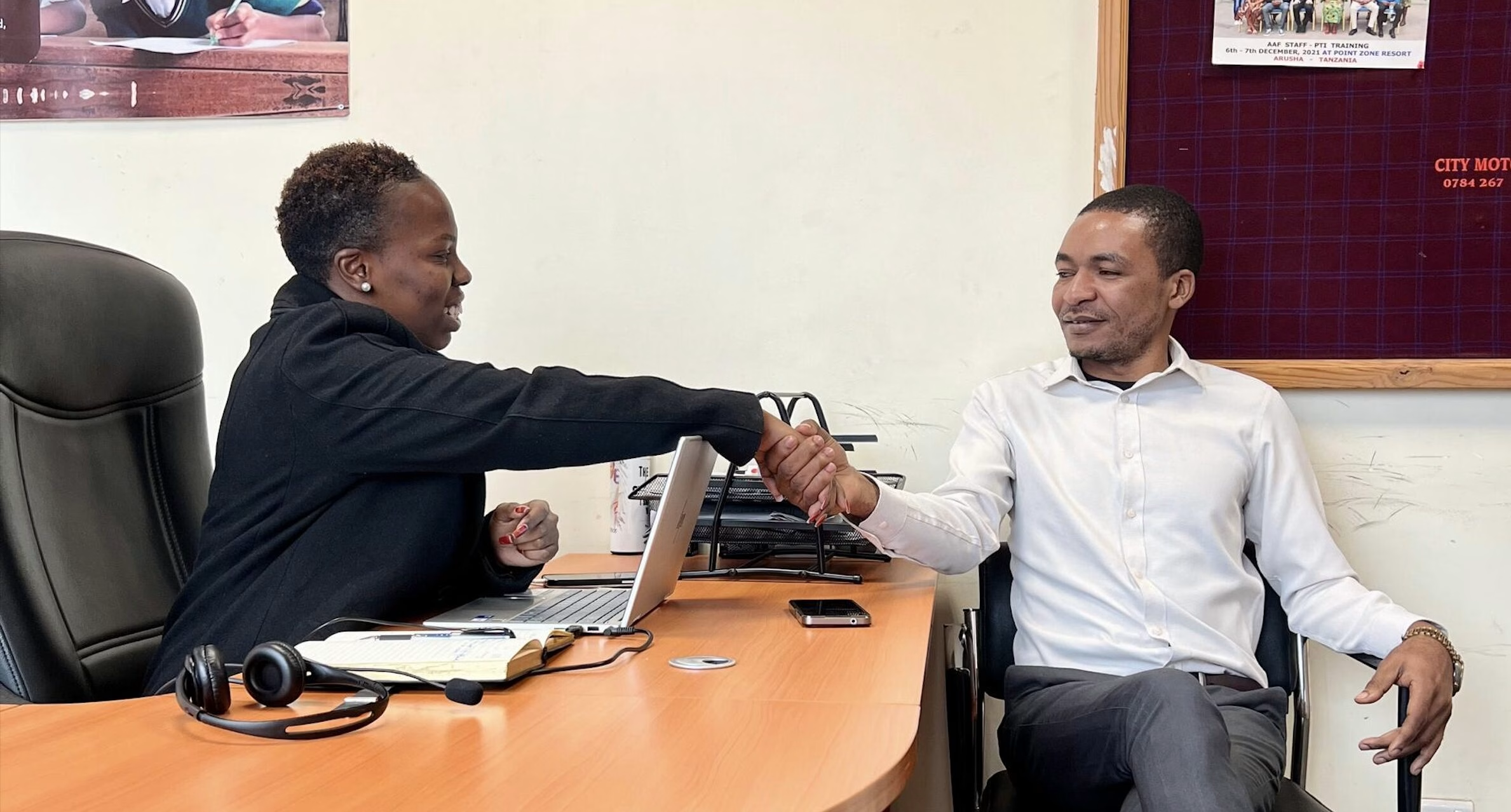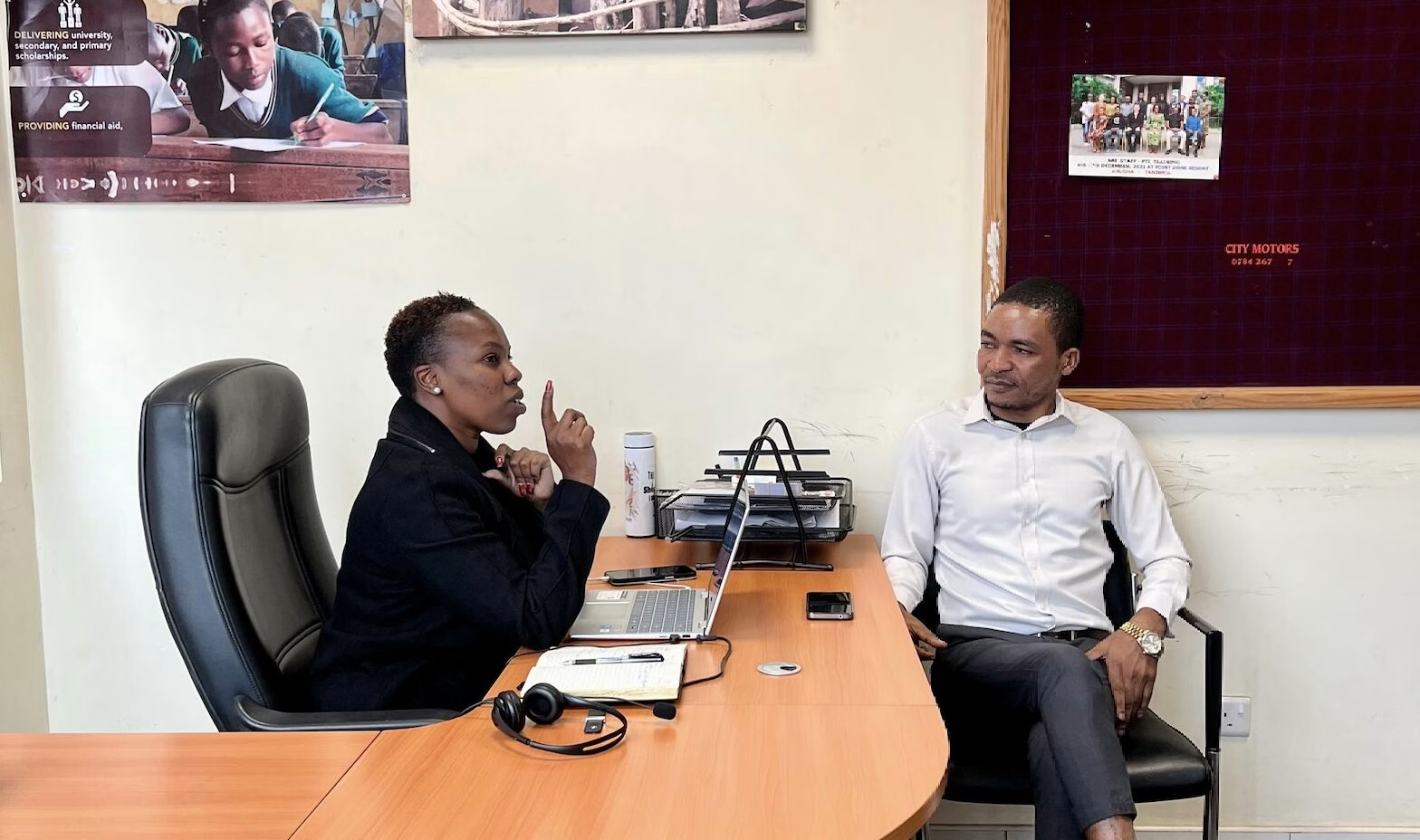In the wake of global challenges that demand localized solutions, Non-Governmental Organizations (NGOs) have increasingly become essential players in driving social change. Recognized under Article 71 of the United Nations Charter (1945), NGOs are defined as nonprofit, independent organizations operating outside the direct control of government structures, though often in collaboration with them. These entities play a critical role in advancing human rights, environmental protection, education, and social justice, often filling the service gaps that governmental and private sectors are unable to address effectively.
While the core mandates of NGOs may differ, their collective purpose aligns: to serve, advocate, empower, and transform. However, fulfilling this purpose requires more than just well-meaning programs, it requires strategic communication. Public Relations (PR), when effectively harnessed, becomes a fundamental enabler in translating mission statements into real-world impact.
Why PR is Critical for NGOs
In resource-constrained environments, many NGOs combine Public Relations and Marketing under a single department, primarily due to budget limitations. While this may appear cost-effective, it often dilutes the specialized value that PR brings to an organization. Unlike marketing, which typically focuses on promotion and sales, Public Relations is about relationship-building, reputation management, and message alignment. It fosters trust, transparency, and stakeholder engagement, elements that are central to an NGO’s credibility and success.
A robust PR strategy allows NGOs to:
- Raise visibility of their cause and work
- Mobilize donations and volunteers
- Engage effectively with media and communities
- Influence policy and public discourse
- Enhance organizational credibility and manage reputational risks
PR is not a supplementary function for NGOs, it is a strategic tool that supports mission delivery and long-term sustainability.
A Case Study: Asante Africa Foundation
In a recent courtesy call with Ms. Florence Thomas, Country Manager of Asante Africa Foundation Tanzania, insights were shared on how the organization is using PR to support its overarching goal of empowering youth across East Africa. The Foundation focuses on providing education, life skills, and economic empowerment opportunities to help youth confidently face life’s challenges and contribute to their communities and economies.

Through targeted PR strategies, Asante Africa has successfully:
- Communicated its impact to local and international stakeholders
- Built trust among beneficiary communities
- Attracted meaningful partnerships and donor support
- Amplified youth voices and leadership stories
This demonstrates how strategic PR elevates not only the visibility but also the effectiveness and credibility of an NGO’s mission.
Strategic Communication as a Risk Management and Growth Tool
Public Relations is more than media coverage or press releases. At its core, it is strategic communication that addresses both internal and external needs of an organization. For NGOs, this includes:
- Identifying communication gaps across programs and departments
- Crafting compelling narratives that resonate with diverse audiences
- Optimizing messaging to align with the values and priorities of donors, partners, and beneficiaries
- Building internal capacity to manage communications effectively
- Navigating crises with proactive, transparent communication
In this way, PR not only supports growth but also protects the organization from reputational, operational, and financial risks.
Driving Systemic Change Through Communication
NGOs are often at the forefront of societal transformation. But change is only effective when it is communicated well. Public Relations empowers NGOs to create movements, not just messages. It enables them to:
- Shape public opinion
- Advocate for legislative change
- Influence global conversations
- Showcase success stories that inspire action
By crafting meaningful narratives and forging strong relationships, PR professionals help NGOs remain relevant, responsive, and respected in the eyes of stakeholders.
The role of Public Relations in NGOs is not ancillary, it is mission-critical. As NGOs continue to drive social innovation, respond to humanitarian crises, and empower communities, PR acts as the communication engine behind their work. It ensures that every action, program, and achievement is understood, appreciated, and amplified.
Understanding the impact of PR in the nonprofit sector is just the first step. To truly maximize their potential, NGOs must embed strategic communication into their operational DNA. In doing so, they will not only increase their visibility and credibility but also enhance their ability to deliver meaningful, measurable change in the lives of those they serve.




